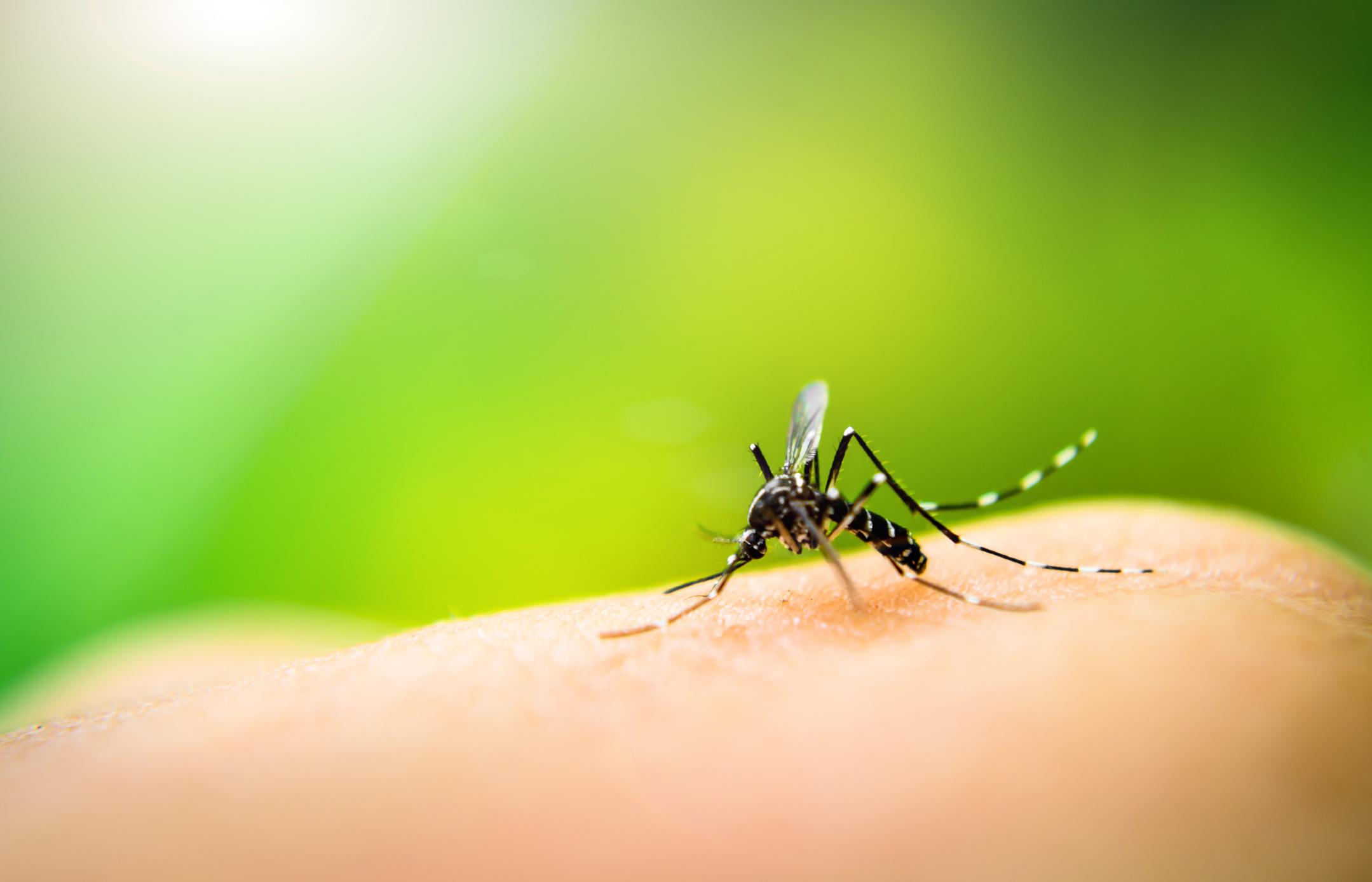Malaria finding may pave way for drug development

Malaria finding may pave way for drug development
Scientists from the University of Adelaide’s Research Centre for Infectious Diseases have identified a key protein that controls malaria parasite entry into host red blood cells.
Published today in Nature Communications, the finding provides a promising new target for the development of drugs for the treatment or prevention of malaria.
“Two hundred million people are infected with mosquito-transmitted malaria parasites every year leading to more than 400,000 deaths, mainly in children under five years of age,” says the University of Adelaide’s Dr Danny Wilson, Laboratory Head, Malaria Biology in the Research Centre for Infectious Diseases.
“Our most effective malaria control strategies – drugs to treat sick people and insecticides to kill the mosquito vector – are at risk due to spreading parasite and mosquito resistance. Understanding the biology that is essential for survival of these widespread human pathogens is essential if we are to identify new intervention strategies to combat malaria.”
“When CERLI1 no longer functions, the malaria parasites cannot invade red blood cells and the disease-causing parasite dies,”Dr Danny Wilson
To cause disease, the malaria parasite has to live inside our oxygen-carrying red blood cells. Using a high-resolution imaging technique called super-resolution microscopy, the researchers have characterised the function of a protein called CERLI1, which is essential for this host-cell invasion.
“When CERLI1 no longer functions, the malaria parasites cannot invade red blood cells and the disease-causing parasite dies,” says Dr Wilson. “This marks the protein as a good potential target for future drug development.
“Because malaria parasite invasion into red blood cells is essential for disease and requires the coordinated activity of a large number of unique proteins, blocking invasion using drugs or vaccines that target unique invasion proteins remains an important strategy for developing new therapeutics.”
CERLI1 is one of only a handful of proteins identified that acts in the way it does to allow invasion protein to interact with the host cell, making it an attractive target to develop drugs that prevent red blood cell invasion.
The researchers say that these findings may have wide biological and therapeutic implications for other human and animal disease-causing parasites.
This research was carried out primarily at the Research Centre for Infectious Diseases of the University of Adelaide as part of an international collaboration with the Bernhard Nocht Institute for Tropical Medicine in Hamburg, Germany and the University of Melbourne.
Dr Danny Wilson
Laboratory Head, Malaria Biology
Research Centre for Infectious Diseases
School of Biological Sciences
University of Adelaide
Phone: +61 8 8313 0413
Mobile: +61 (0)447677580
danny.wilson@adelaide.edu.au
Elisa Black
Manager – News and Media
University of Adelaide
Mobile: +61 (0)466 460 959
elisa.black@adelaide.edu.au
